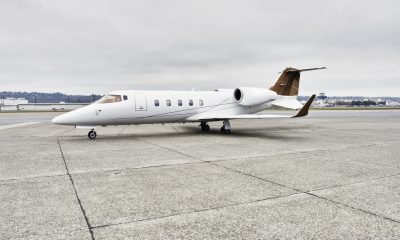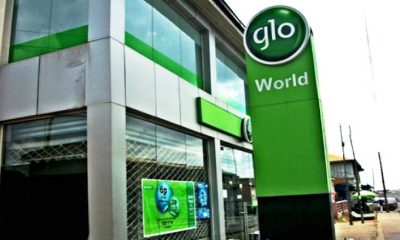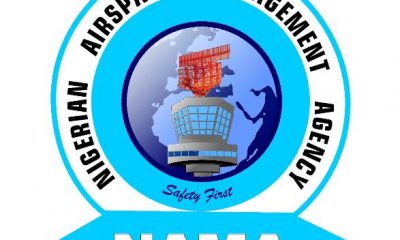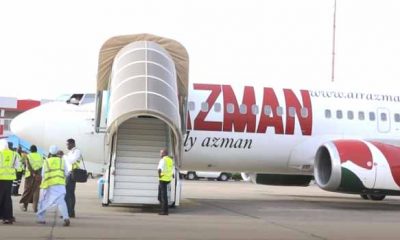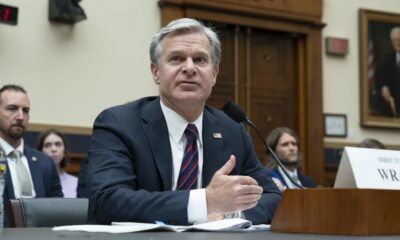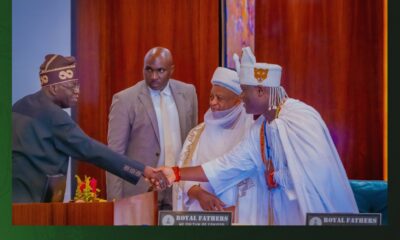NEWS
Nigerian Civil Aviation Authority (NCAA) to Probe Fuel Suppliers
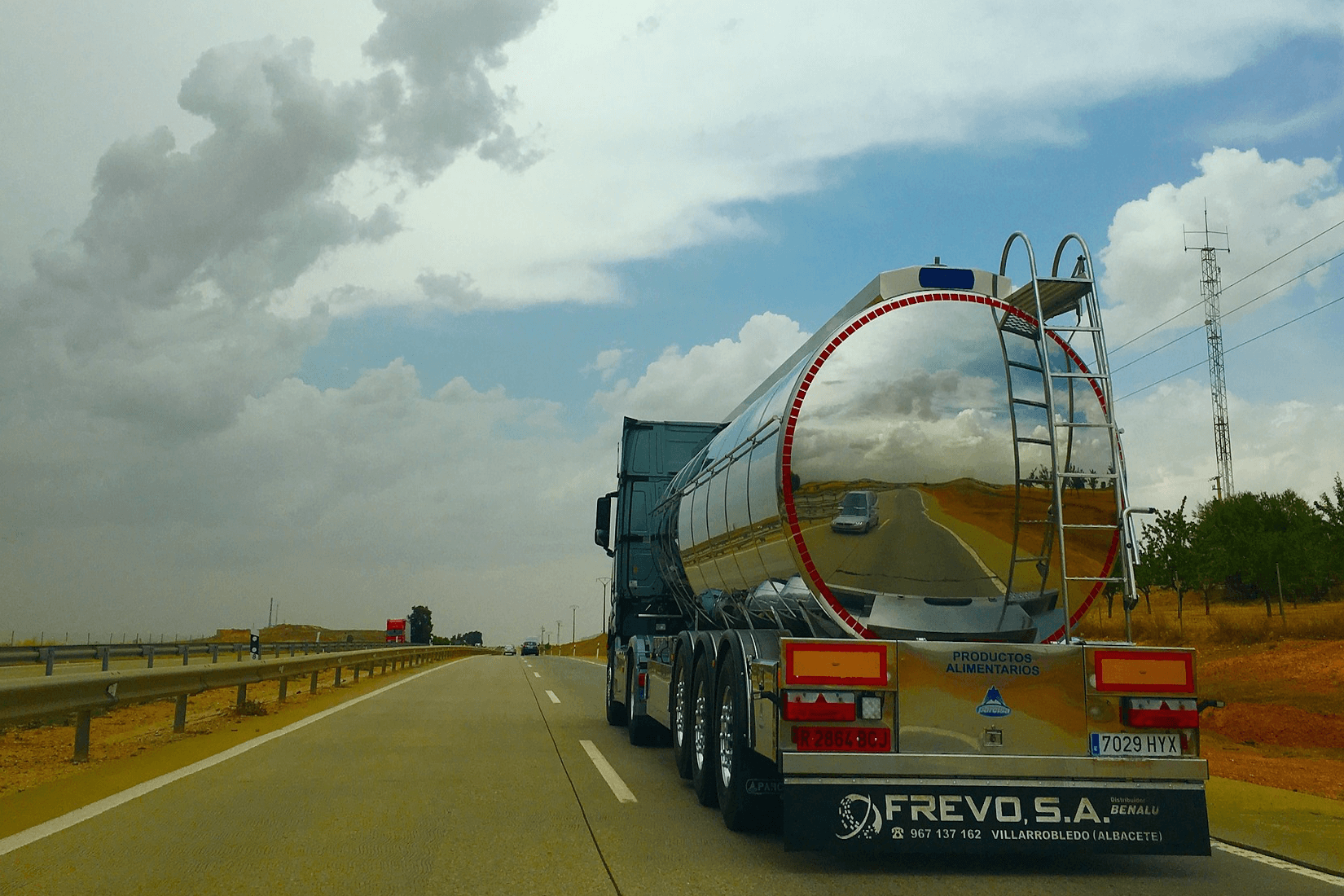
The Nigeria Civil Aviation Authority (NCAA) has announced its plans to investigate aviation fuel suppliers in the country’s aviation industry in response to a fuel contamination incident in a Max Air Boeing 737-300 aircraft.
The Director-General of Civil Aviation (DGCA), Capt. Musa Nuhu, revealed during a Zoom meeting with aviation journalists that determining the source of the fuel contamination is crucial to prevent future occurrences and ensure improved air safety across the industry.
Nuhu emphasized that the NCAA issues licenses to fuel marketers and would not hesitate to revoke these licenses if necessary. The investigation aims to identify the root cause of the fuel contamination in the aircraft’s tank, promoting accountability among fuel suppliers and safeguarding air travel standards.
The incident in question took place on July 7, 2023, when a Max Air B737-300 with the registration number 5N-MHM experienced fuel contamination in its main fuel tanks, resulting in the shutdown of the Auxiliary Power Unit (APU) on the ground at Yola Airport.
Reports indicated that fuel was discharged onto the tarmac in Yola, while “multiple drums of water” were extracted from both tanks of the aircraft immediately after landing.
The Nigeria Civil Aviation Authority (NCAA) requires fuel suppliers to conduct a “water check” using specialized strips that change color upon contact with water. Nuhu disclosed that the contaminated fuel was discovered at Yola Airport, although the airline had purchased fuel at Lagos, Abuja, and Kano airports prior to the incident.
The NCAA’s comprehensive investigation will trace the origin of the contaminated fuel purchased by the airline.
Nuhu asserted that if fuel suppliers are found to be at fault, the regulatory body will not hesitate to impose appropriate sanctions. Additionally, the NCAA will scrutinize the fueling operations and procedures of Max Air to ascertain if they were compliant with Standard Operating Procedures (SOPs).
The DGCA highlighted that it is the responsibility of pilots and airlines to ensure the quality of fuel received from oil marketers. While the NCAA cannot oversee operations at all airports nationwide, Nuhu stressed the agency’s commitment to suspending any fuellers identified as having issues.
The licenses of oil marketers within the Nigerian aviation industry will also undergo review.
Nuhu assured that the NCAA will remain dedicated to maintaining the safety of flight operations in Nigeria, emphasizing their suspension of Max Air until all issues are resolved. Furthermore, the regulatory body intends to issue an All Operator Letter (AOL) on Friday to inform indigenous airlines of their responsibilities in fuel supply.
In the coming days, the Nigeria Civil Aviation Authority (NCAA) plans to convene a meeting with regulatory bodies in the oil and gas sector to educate them about the requirements and standards specific to the aviation industry.
This initiative aims to enhance cooperation and ensure that the aviation sector’s unique needs are adequately addressed.

